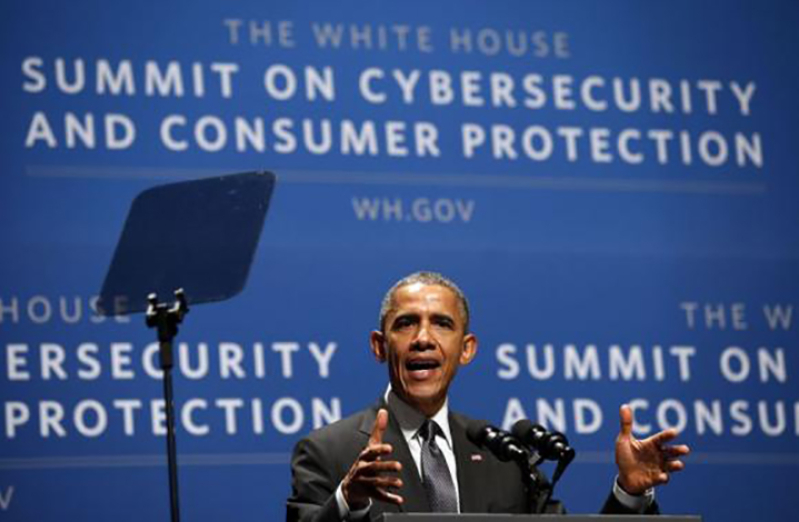
An American media report claimed on Wednesday that hackers tied to Russia's government successfully hacked into the computer network used by the White House. The Russians have denied the accusations.
According to Evan Perez and Shimon Prokupecz of CNN, the White House claimed that the breach only affected an unclassified system. However, there was sensitive information on that network, including details of the president's schedule normally not revealed to the public.
"In this case, as we made clear at the time, we took immediate measures to evaluate and mitigate the activity," National Security Council spokesman Mark Stroh said. "As has been our position, we are not going to comment on [this] article's attribution to specific actors."
While Stroh did not confirm to CNN that any attack took place, he added that "any such activity is something we take very seriously."
President Barack Obama's deputy national security adviser, Ben Rhodes, told CNN's Wolf Blitzer that none of "our classified systems were compromised."
"We're constantly updating our security measures on our unclassified system, but we're frankly told to act as if we need not put information that's sensitive on that system," Rhodes said. "In other words, if you're going to do something classified, you have to do it on one email system, one phone system. Frankly, you have to act as if information could be compromised if it's not on the classified system."
However, a person with knowledge of the investigation told Chris Strohm of Bloomberg that the malicious code used in the attack appeared to come from criminal hackers working under the sponsorship of the Russian government.
"The White House intrusion, which some U.S. officials believe was carried out by hackers who had earlier gained entry into State Department computers, was likely a signal from the government in Moscow in retaliation for sanctions the U.S. has imposed on Russia," Strohm wrote, citing the unnamed source.
Investigators told CNN that the hackers could have accessed the White House's non-classified network by using a State Department email account obtained through the use of a "phishing email." In an FBI cyber conference back in January, Director of Intelligence James Clapper warned both government and private businesses to look out for such attacks.
"So many times, the Chinese and others get access to our systems just by pretending to be someone else and then asking for access, and someone gives it to them," Clapper said.
The Russian embassy in Washington did not return Strohm's call for comment on this story. However, Russia denied any involvement in the hacking.
"It has become a kind of sport to blame everything on Russia," Kremlin spokesman Dmitry Peskov said. "But the key thing is that they wouldn't go searching for Russian submarines in the Potomac River, like it was the case in some other countries."
Sen. Susan Collins, R-Maine, told CNN that the revelations surrounding the cyberattack on the White House "are troubling and further expose that our nation's defenses against cyber-attacks are dangerously inadequate."







